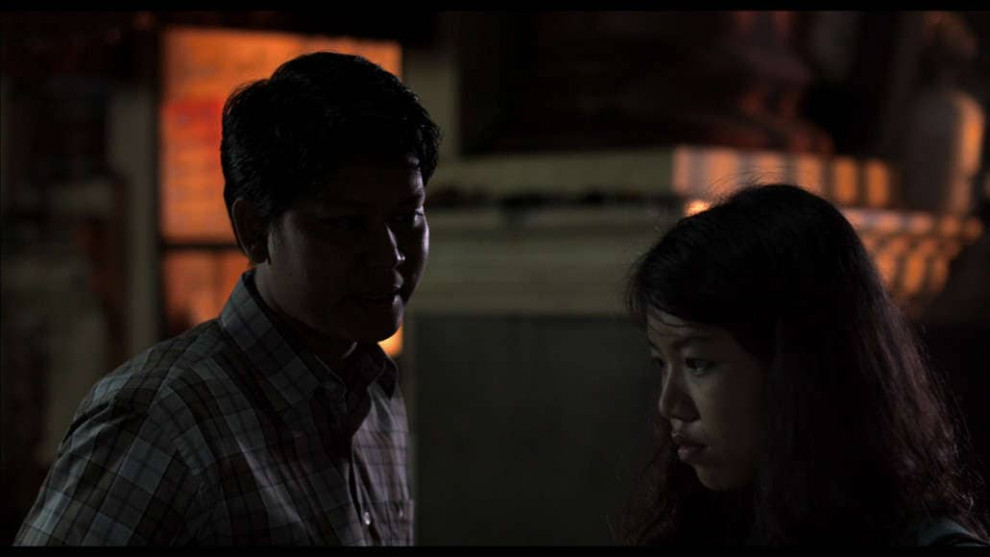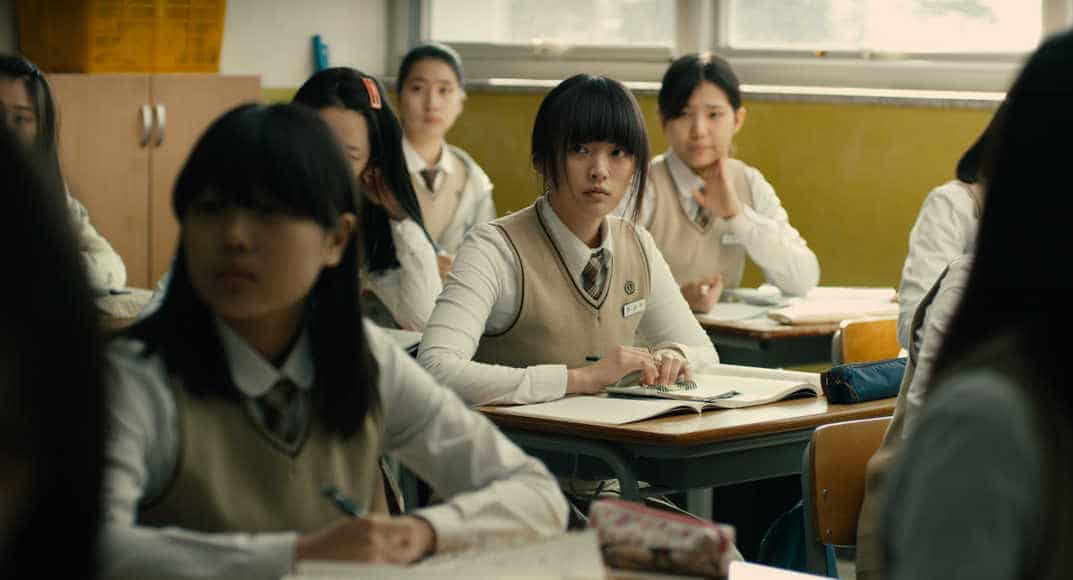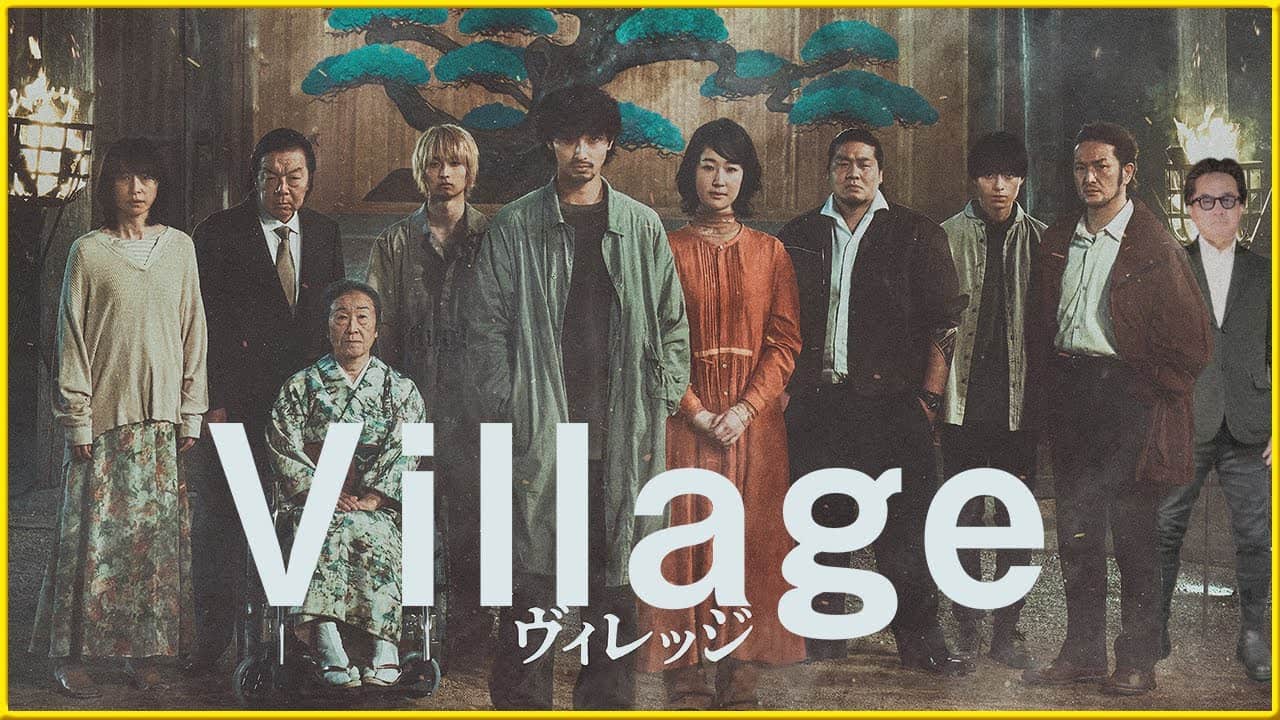Aung Phyoe's debut short “Seasonal Rain” is based on Kyi Aye's short story of the same name, found and digitized by the director for a site dedicated to Burmese literature. The movie premiered at Locarno Film Festival and was shown in numerous festivals around Southeast Asia.
Aye Aye (Nyo Thu Nwe) is a high school senior who starts to come in terms with her transition into adulthood. She has a boyfriend, Tin Swe (Kyaw Yel Lynn), with whom she secretly spends time before and after school, but she also plays rope with the neighborhood children until dark. And what's more, whatever she does seems to be not enough for her overbearing mother (Khet Suu Myat). Forbidden to go out and explore her budding womanhood, Aye Aye has no option but to hide from her parents and the conservative Burmese society. One stormy night, the young woman decides for the first time to act on her own.
Aung Phyoe manages to beautifully and poignantly capture the precarious moments of a young person's life when she is neither a child nor a grown-up. Or both. A time when he is treated as small by some and grown by others; when his changing body and temperament leave his parents perplexed and when whatever he does is never enough for them. This is the time when Aye Aye, and we through her, starts wanting to be her own person, though can't really do it, not yet at least.
The constrictive Burmese culture makes the desire for a kind of independence in the case of Aye Aye even more difficult. This is a culture that seems to not allow people, and especially budding women like Aye Aye, to express themselves in any meaningful way or even say what they want and how they feel. As Phyoe shows in “Seasonal Rain”, the Burmese society is one of traditionalism that borders more towards the oppressive, especially when it comes to the ways the parents deal with their children. Here we can possibly draw comparisons between the dynamics within the family and extend them to the society and possibly the whole of the state. There is just this feeling of quiet oppression, possibly even dread shown in Nyo Thu Nwe's beautiful performance as Aye Aye, where no one is can say or do what he truly wishes but has to hide and do it behind the ruler's backs.
“Seasonal Rain” is shot beautifully by Sumit Dahiya with many of the scenes filled with interesting camera movement and meaningful detail. This makes them come to life, so to speak, and creates the impression of fullness and witnessing reality rather than fiction. This is most obvious in the scenes that take place outside. They are filled with people doing things and going about their lives as if the camera is not there at all. This is something we seldom see in student films where the filmmakers have to fill their works with non-professionals who do not seem to know how to behave naturally in front of the camera.
Yet, though natural-looking, there is, too, this sense of artificiality in each and every scene. It's as if everyone and everything in the movie is detached and cautious, even afraid to be himself and act true to himself. Or maybe we are reading way too much into it. Another reason might just be that it is shot by students and as such, they are sometimes eager to show technical prowess and influences to the point of the actual story suffering slightly.
Be that as it may, the peculiar feeling of caution and detachment is amplified by Dabjeet Chowdhury's strange editing choices. He seems to let some unnecessary scenes to drag for way too long while others end in a flash. This creates a very strange and somewhat difficult to pinpoint rhythm which makes the short feel a bit too long, sometimes almost to the point of feeling bloated. Sadly, this strange editing job takes the attention away from what truly matters, the simple yet poignantly profound story.
Though suffering from many of the problems found in student movies such as pretentious and somewhat pointlessly flashy cinematography and shoddy editing, “Seasonal Rain” is an interesting watch as it deals with universal themes while situating them in the context of Myanmar.















